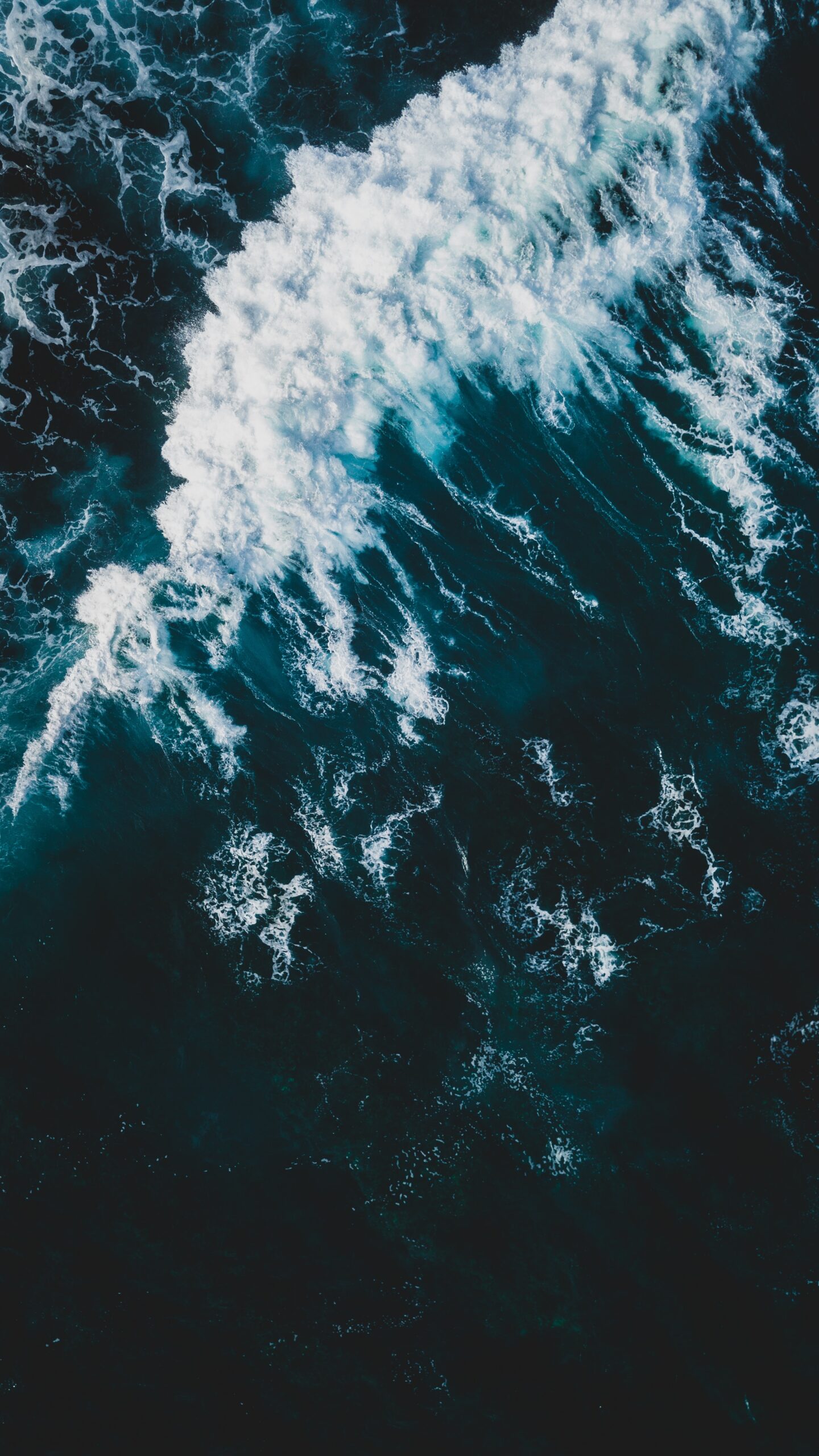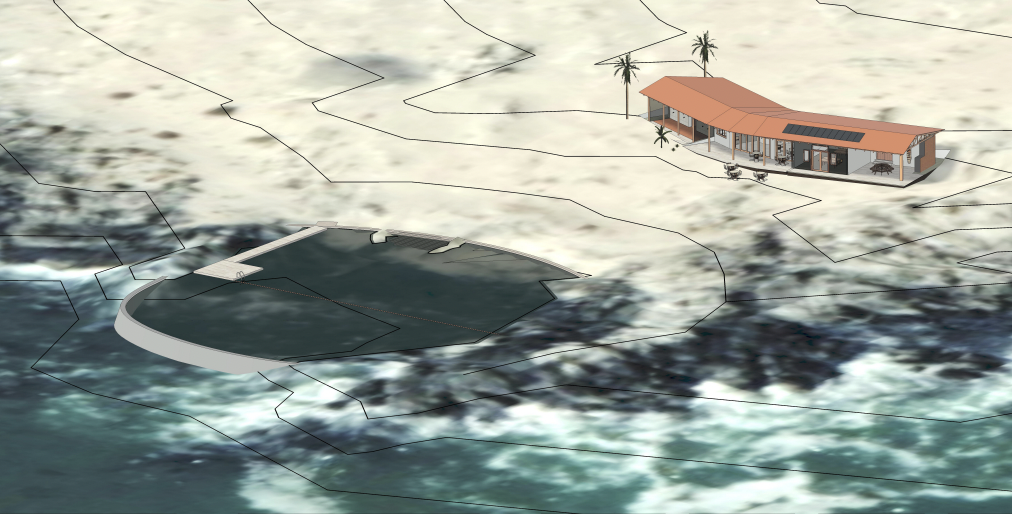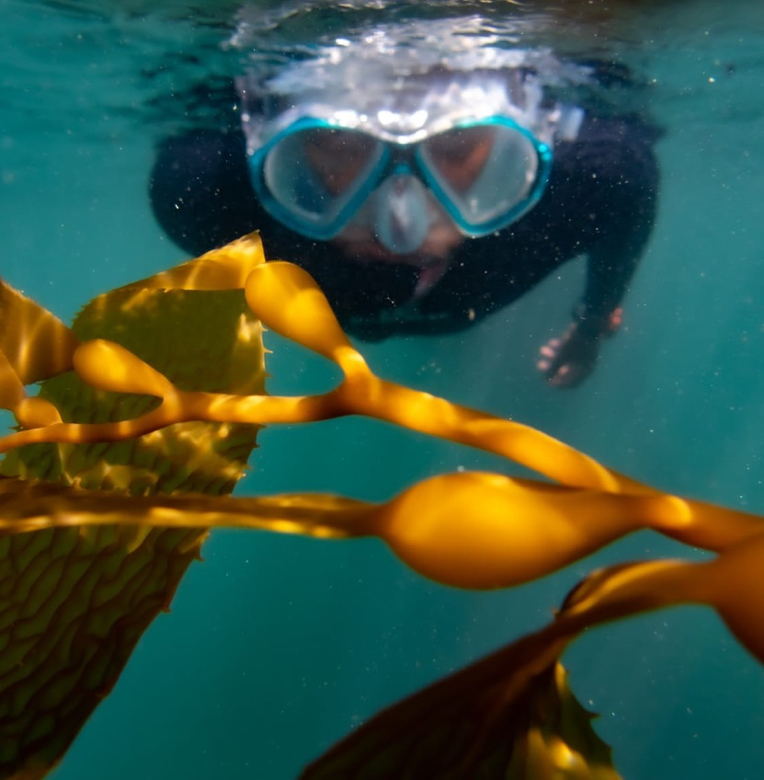
Public Awareness
The goal of KFF is to increase the awareness of the multiple ecosystem services of kelp forests and ensure this knowledge is publicly available to companies, governments, regulators, NGOs, academics, future kelp farmers and other stakeholders. KFF will do this by participating in and organising conferences, webinars and events and organise youth outreach programs to increase ocean sensitisation and education. We primarily use social media and film to disseminate valuable content and reach a wider audience.
Macrocystis Seed Bank
Giant kelp are key members of marine communities, and kelp forest ecosystems are being impacted by climate change and human intervention. Many kelp forests, such as those off the coast of Australia and California, are disappearing mainly due to warm waters. Giant kelp species prefer cool temperatures and researchers are worried that the losses could accelerate in the coming years as climate change continues.
The creation of giant kelp spore banks is key for preservation of heirloom strains, biodiversity conservation and ecosystems restoration. Spore banks work in the same way as seed banks for land species, preserving the genetic diversity of kelp for future use and research. With spore banks we can respond to challenges caused by climate change or localised disasters such as oil spills, as it allows replanting the beds with previously collected propagules from original local stocks. Spore banks could also provide starting material for future kelp farmers looking to increase the beneficial ocean impact of kelp farming.
KFF is looking to identify existing spore banks around the world, to understand which gaps need to be filled to achieve a robust network of local spore banks. By sharing the knowledge across research institutions, we aim to facilitate the restoration and cultivation of giant kelp.
macrocystis seed bank
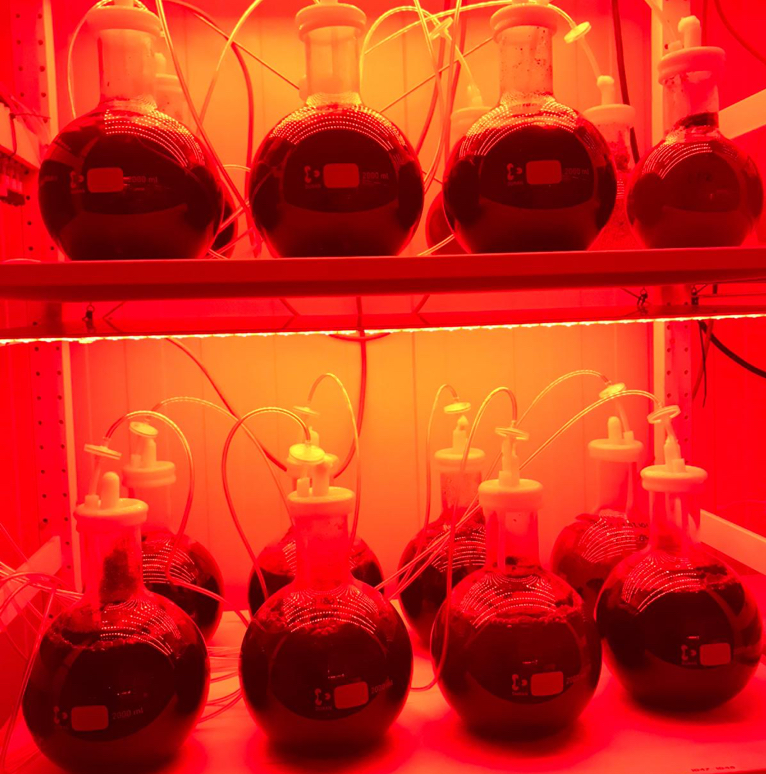
Map of Existing Giant Kelp (Macrocystis pyrifera) spore banks
On the interactive map below, you can view existing giant kelp spore banks that hold genetic material from local kelp beds. This map will be updated following our work in identifying these spore banks on a global level.
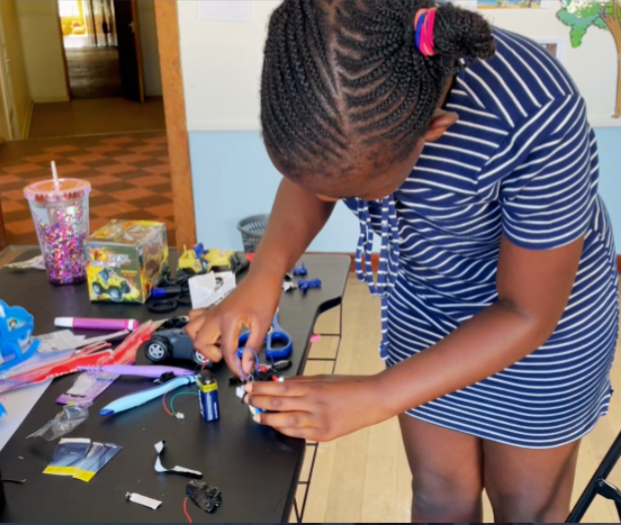
Ocean Education
The fate of our ocean depends on the actions of current and future generations. With this in mind, we want to build the next generation of ocean lovers to help protect the health of the oceans and make them thrive again.
We believe that there should be open access to the ocean so that everyone can appreciate its marvels, such as kelp forests, and learn about the severe threats of climate change and human impact to these ecosystems. Our marine education, skills and capacity building programmes will help bring the ocean and its marine inhabitants alive and spark interest in protection marine ecosystems. We are supporting the future ocean custodians to by giving them the knowledge, skills, experience and passion for this field.
Our Ocean Literacy program starts in Namibia, where we aim to connect Namibian children and youth to the ocean despite their existing geographic and/or financial limitations.
Our programmes:
- Robotics lab: teaching the basics of robotics to create new oceanographic equipment with salvaged materials starting in Luderitz.
- Ocean education: ocean-focused extra-curricular activities such as sea scouts and stand cubs as well as lifesaver programmes and swimming lessons.
- Livelihoods and capacity building: improving livelihoods and building capacity is necessary to support the future generation of ocean kelp farmers, scientists, and coastal communities so that they benefit from the opportunities offered by the creation of a new seaweed cultivation sector. We focus on capacity building and gender equality to support an equitable future.
Blue House Fellowship Programme
The Blue House Programme is a partnership between Stuchtey Daughters & Sons, Kelp Blue, the Kelp Forest Foundation and other supporters and has the aim to develop scientific talent in natural ecosystems by providing rolling scholarships to Namibian students (with a bias towards women) and twinning them with peers from leading Universities abroad. The ultimate objective is to foster knowledge exchange and deliver climate and social impact. Graduates of this programme will enrich the Namibian and Southern African talent pool with the new skillsets required for a future where humanity and nature coexist in better harmony. We hope the bright graduates of this programme further their careers in government, business, entrepreneurship, and academia.
The Blue House Fellowship Programme:
- sponsors Masters of Science students from Namibian universities (for 2 years) and provide them with necessary training (swimming, diving, lab trainings) to undertake their research;
- sponsor apprenticeships
- sponsor rolling interns (6 month stints) from international universities
- purchase the necessary equipment to undertake the research; cover accommodation, stipends, tuition, and other costs
Introducing our MSc Scholars:
Protasius Mutjida is an MSc student focused on establishing the geochemistry baseline at the giant kelp cultivation site.
Angelique Dodds is studying the impact on algal biodiversity of cultivated giant kelp as part of her MSc programme. Her co-supervisor is Dr. Ian Hendy at University of Portsmouth.
Arisha September, our MSc student focusing on the fauna biodiversity impact of the giant kelp farm. She is co-supervised by Dr. Narissa Bax at the University of Tasmania.
Michael Mateus is doing his MSc on the Net Primary Production (NPP) of cultivated giant kelp. He is co-supervised by Dr. Tom W. Bell at Woods Hole Oceanographic Institute.
Beata Tooleni is studying the impact on benthic biodiversity during her MSc (the biodiversity under the cultivated kelp on the seafloor). She is co-supervised by Dr. Dan Crossett at the Cawthron Institute, NZ.
